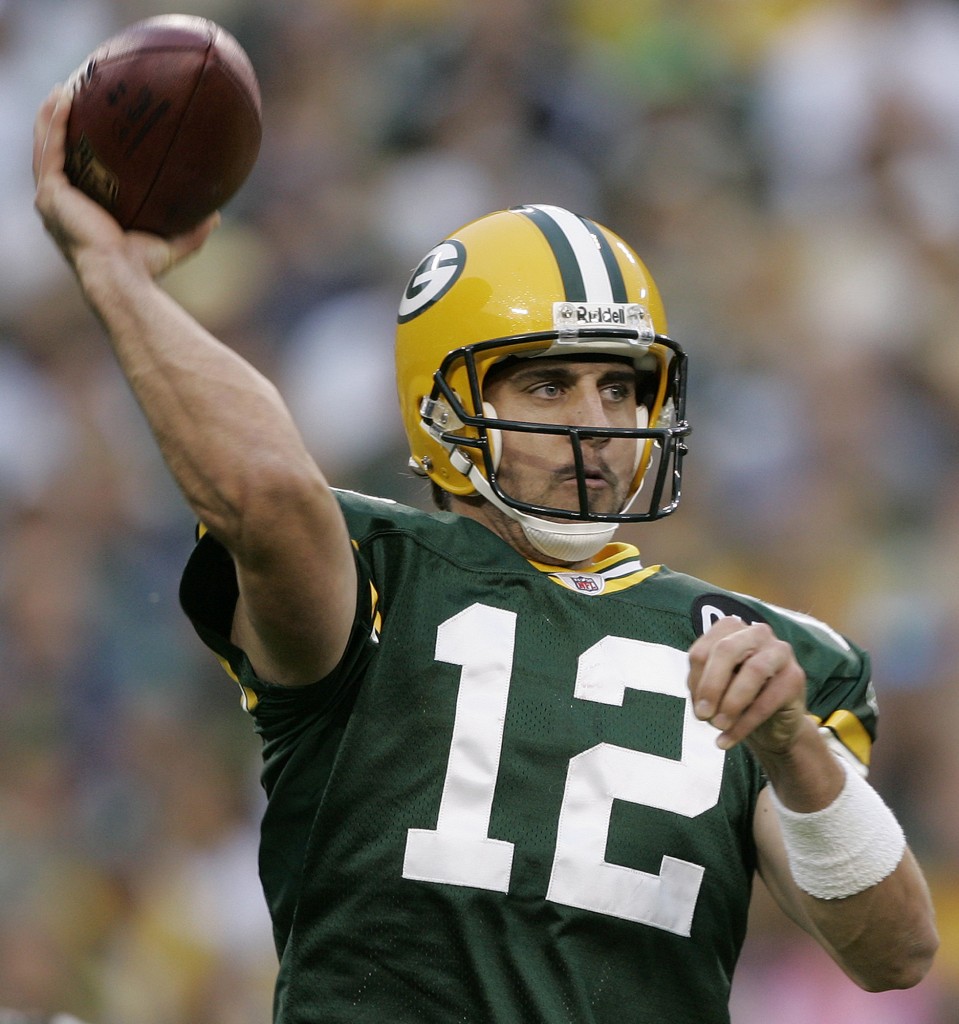
The anti-capitalist manifesto from Macmillan Publishers, a division of the $2 billion Georg von Holtzbrinck Publishing Group. Oh GOD I hope Naomi Klein sues us for unauthorized use of the No Logo logo.
Just kidding, we aren’t. Nor would we. Nor would such a move do anything but reduce our readership, which is something we’re trying to take in the other direction, thanks.
People love to complain about advertising – not about its artistic or propagandic merits, but about the medium itself. It’s intrusive. It’s unnecessary. It’s wasteful.
No, commercials make stuff awesome. Banner ads, too. If you’ve got the space, monetize it. Your business, whether home-based or otherwise, needs to generate all the revenue it can. If you think that’s going to somehow compromise your soul, you don’t know what a soul is.

It's disgusting. Look at that intrusive Riddell logo, ruining everything and commercializing the sanctity of sports. Is it so important that they emblazon their name on their product? After all, the product's already been sold. Americans really are the most shamelessly media-saturated people on Earth. I weep for us as a nation.

See, the Brits have it right. Here we see AIG's own Wayne Rooney, who plays for the Nike Red Devils, sponsored by an entity called Manchester United, which is a local airline or trucking company or something.
Commercials make television (essentially) free. They make magazines really cheap, assuming you’re among the dwindling few millions who read magazines. For instance, Time sells for $5. Apparently 3.3 million people still read Time, which is an amazing enough superlative in itself, but here’s an even bigger one: 75% of Time’s revenue comes from advertising. So if you removed the ads, you’d be left with a magazine that would a) run about 30 pages and b) have to sell for $20 to generate the same revenue.
If Time sold for $20, Time wouldn’t sell. We may complain about advertising, but it makes things cost less.
We preach again and again at Control Your Cash the wisdom of being a free rider. Free ridership means letting credit card companies charge whatever interest rates they want to the people willing to pay them: and while they do that, you can be the person who enjoys the convenience of buying things while not having to pay for them for up to 60 days (while earning rewards in the process.)
There are myriad ways to be a free rider (or at least, a discounted rider.) You do this every time you buy a coach airline ticket. Laugh or look disdainfully at the people in first class all you want, but you should be kissing their rings: their overpriced tickets subsidize your underpriced ones, letting you fly for less than you otherwise would. For another example, supermarkets historically sold milk at less than cost, the strategy being that if they kept it in the far corner of the store you’d be tempted by all the high-markup items on your way to find the cheap milk.
Wikipedia (heck, most of the internet) works the same way. Enjoy the free content, while letting others donate.
(Save your comments. This isn’t an ethical issue, and it’s not stealing. Wikipedia’s managers don’t charge to access the site, and no one ordered them not to. Same deal with the Corporation for Public Broadcasting.)
The Time magazine numbers above were largely estimates, albeit ones we researched. Here’s an example of an advertising subsidy that we can calculate to the penny:
The entry-level Amazon Kindle (yes, we’re mentioning it again) sells for $139 at the only place you can buy it, Amazon. They recently came out with an ad-supported version for $25 less. Apparently the phrase “ad-supported” didn’t test well, so they went with the indirect “Kindle with Special Offers” instead.
Amazon had a lot of leeway with ad placement – they could have stuck a full-screen ad between every two pages of a book, or put a rotating banner at the bottom of each page. Instead, they didn’t even do as much as that. The advertising consists of just a screen saver (which doesn’t even show up until you’ve gone 10 minutes without touching the Kindle), and an unobtrusive banner on the main page.
Commercialization is nothing to apologize for. If your school district is hemorrhaging money, which it is, why not bring in extra cash while making no fundamental changes? Heck, even the freaking Grand Canyon comes with the occasional subtle and suitably placed corporate logo.
And you know what? Not only is it not the end of the world, it frees up capital to go in places where it can do some good. The more money this site makes, the more inclined we are to write good posts. And keep you coming back. And bringing your friends. And increasing our readership so we can charge more for ads.
(Thanks to our wonderful sponsors – CorpNet, Cash4Laptops, Amazon, Shoeboxed and more. That’s Shoeboxed, digitizing your receipts and other documents since 2006.)
**This article is featured in the Yakezie Carnival-Best of Yakezie this week**




